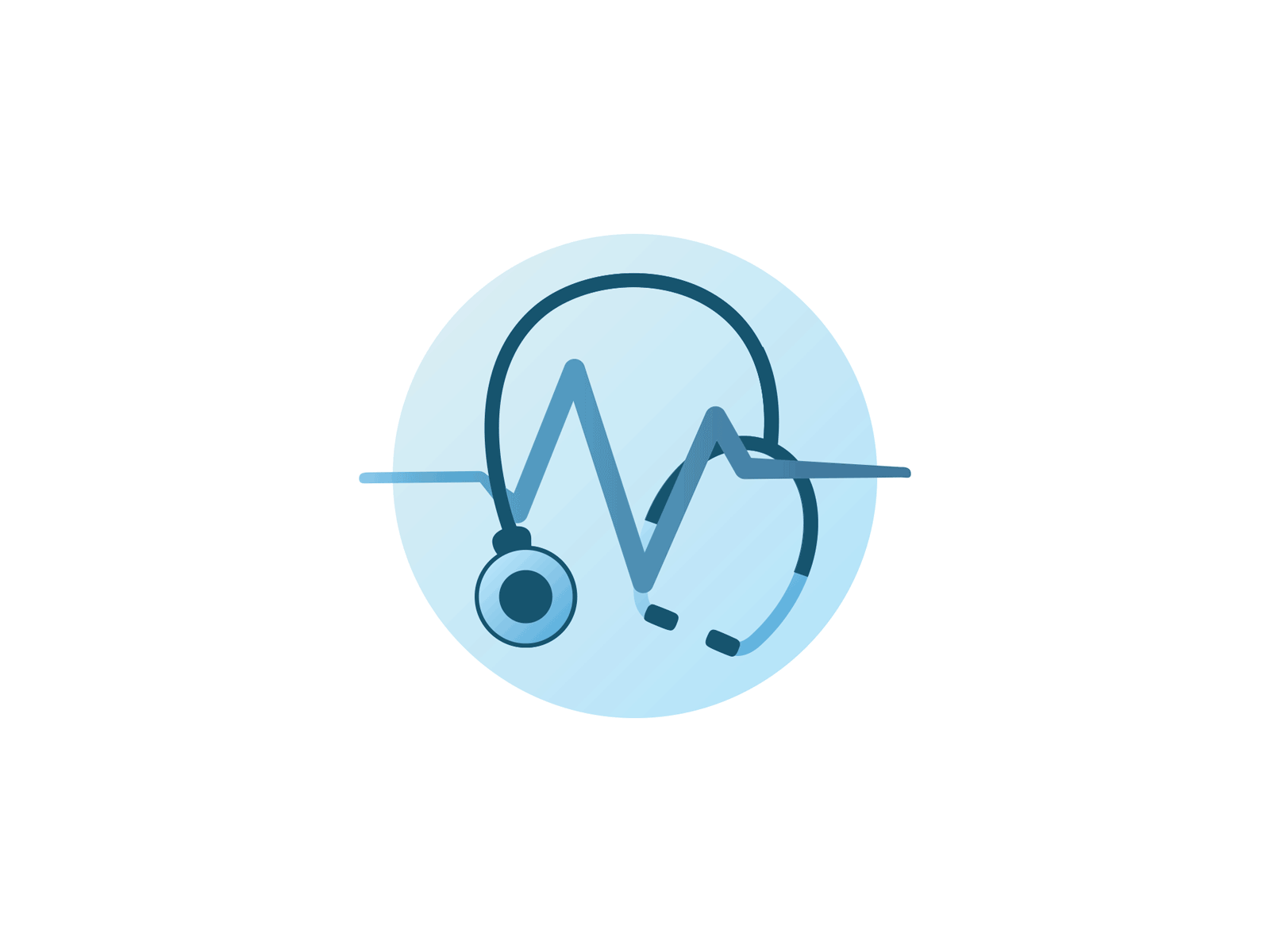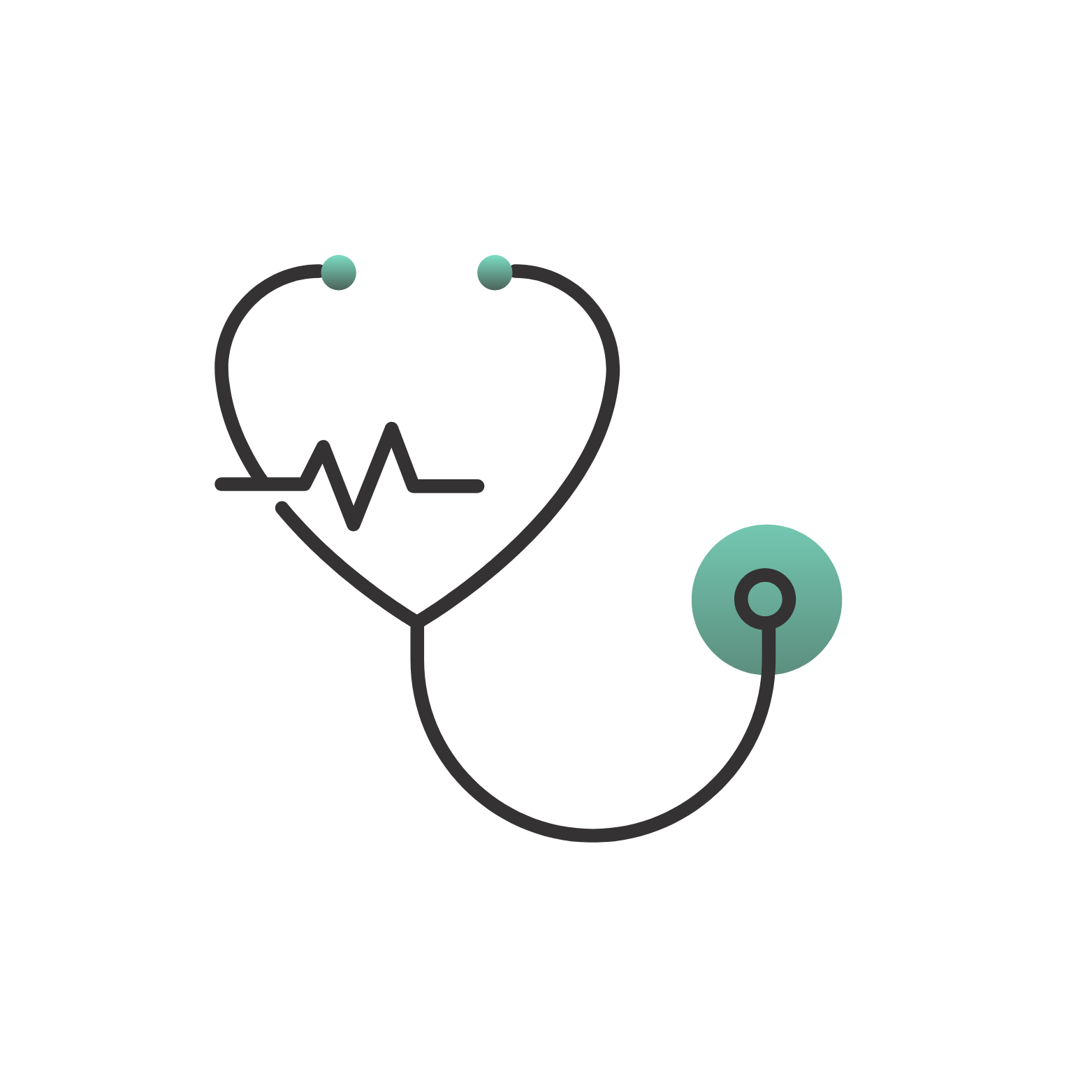


Anubhav H. Kumar
HPB SURGEON AND CONSULTANT
The liver is a remarkable organ that plays a vital role in maintaining overall health and well-being. As the body’s largest internal organ, it is responsible for numerous essential functions, including detoxification, metabolism, and bile production. Understanding how to keep the liver healthy is crucial for preventing disease and ensuring optimal body function.
The liver is involved in a variety of critical processes, each essential for sustaining life. Here are some of its primary functions:
1. Detoxification: The liver filters toxins and harmful substances from the bloodstream, converting them into less harmful compounds or removing them entirely. This includes processing drugs, alcohol, and metabolic waste products.
2. Metabolism: The liver plays a key role in metabolic processes. It helps convert nutrients from food into usable forms of energy, stores glucose as glycogen for later use, and synthesizes proteins essential for blood clotting and immune function.
3. Bile Production: Bile is produced by the liver and stored in the gallbladder. It is vital for digestion, particularly in the emulsification and absorption of dietary fats and fat-soluble vitamins (A, D, E, and K). *Common Liver Diseases Understanding these conditions can help individuals to recognize symptoms early and seek appropriate medical care. Some common liver diseases include:
1. Hepatitis: This is an inflammation of the liver, often caused by viral infections (such as hepatitis A, B, or C), excessive alcohol consumption, or certain medications. Symptoms may include fatigue, jaundice, abdominal pain, and dark urine.
2.Fatty Liver Disease: This condition occurs when excess fat accumulates in the liver cells. It can be alcohol-related (alcoholic fatty liver disease) or non-alcoholic (non-alcoholic fatty liver disease or NAFLD). Risk factors include obesity, diabetes, high cholesterol, and a sedentary lifestyle. Fatty liver disease can progress to more severe liver damage if left untreated.
3.Cirrhosis: Cirrhosis is the scarring of the liver due to long-term liver damage, often resulting from chronic hepatitis, alcohol abuse, or fatty liver disease. Symptoms may not appear until the disease is advanced and can include fatigue, swelling in the legs and abdomen, and easy bruising.
Recognizing the signs and risk factors associated with these conditions can lead to timely intervention and better health outcomes.
Regular health check-ups and liver function tests are vital for early detection and prevention of liver diseases. These tests measure levels of liver enzymes, proteins, and substances produced by the liver to evaluate its health. If abnormalities are detected, further investigations can be conducted to determine the underlying cause.
Healthcare providers often recommend liver function tests for individuals with risk factors, such as a history of alcohol consumption, obesity, or viral hepatitis. Early diagnosis can lead to prompt treatment, significantly improving the chances of a successful recovery and preventing complications.
Making informed lifestyle choices can have a significant impact on liver health. Here are some key areas to focus on:
1. Nutrition : A balanced and nutritious diet is fundamental to maintaining liver health. Consider incorporating the following foods into your meals:
2. Fruits and Vegetables: Rich in antioxidants and vitamins, these foods can help combat oxidative stress and inflammation in the liver.
3. Lean Proteins: Sources like fish, poultry, beans, and legumes are beneficial for liver health, aiding in tissue repair and regeneration.
4. Healthy Fats: Opt for sources of unsaturated fats, such as olive oil, avocados, and nuts, which can support overall health and reduce liver fat accumulation.
Staying adequately hydrated is crucial for liver function. Water helps the liver efficiently flush out toxins and supports its metabolic processes. Aim to drink at least 8-10 glasses of water daily, adjusting for activity level and climate.
Regular physical activity is essential for overall health, including liver function. Engaging in moderate aerobic exercise, such as walking, swimming, or cycling, for at least 150 minutes per week can help reduce body fat, lower the risk of fatty liver disease, and improve insulin sensitivity.
2. Recreational Drugs
Join Us Now, we are here to provide you with the best liver health care and surgical treatments.
© 2024 Created by DigitalHexa